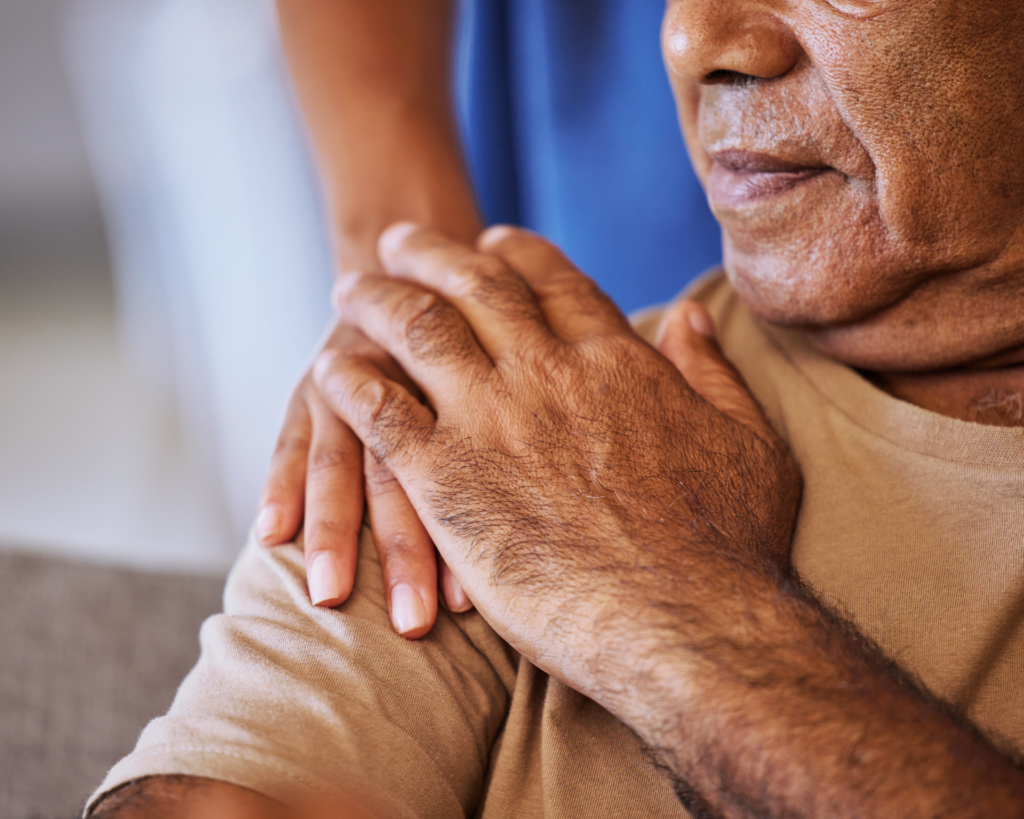Safe Infant Sleep: It’s Complicated
Sudden infant death syndrome cases have declined, but accidental suffocation deaths have been on the rise. Georgia’s Safe to Sleep hospital initiative aims to lower sleep-related infant mortality by informing parents of good practices.

Read Time: 3 minutes
Published:
Approximately 3,500 infants die of unexplained causes each year in the United States, often during sleep or within the sleep area from accidental suffocation or strangulation. Since the American Academy of Pediatrics introduced its Back to Sleep campaign in 1994, these sudden unexpected infant deaths have sharply declined. Despite this success, infant bed deaths due to accidental suffocation and strangulation have gradually increased, and sudden infant deaths within the first month of life remain unchanged. Determining causes of sudden infant death syndrome can be difficult because parents and caregivers rarely witness the deaths.
Sleep-related deaths are Georgia’s third leading cause of of infant mortality, and are associated with caregivers’ unsafe sleep practices such as sharing a bed with an infant, and not placing infants on their backs. A study by Walcott et al. surveyed women in the state who had recently delivered to assess their knowledge and practice of safe infant sleep. The study aimed to identify the effects of the state’s Safe to Sleep hospital initiative, and the ways in which poverty might be associated with parents’ decisions about where a baby sleeps.
The Safe to Sleep initiative provides parents with sleep gowns for babies, board books, and bassinets, in addition to educational material encouraging safe sleep practices. Receiving safe sleep information prior to discharge from the hospital was strongly correlated with safe sleep behaviors in the home.
Moms with Medicaid were less likely to bed-share if given a bassinet.
Survey respondents who received Medicaid, however, were less likely than those who did not receive Medicaid to put their infant to sleep alone in a crib and more likely to share their bed with their baby. Moms with Medicaid were less likely to bed-share if given a bassinet. But those who kept the bassinet in their bedroom were twice as likely to report bringing the infant into their bed at some point during the night to provide comfort and resume their interrupted sleep.
The researchers suggest that education for parents about safe-infant sleep should incorporate more recommendations for soothing the baby and safe sleep practices. They also propose further research into assessing any underlying risk factors that may be contributing to the continuing incidence of sleep-related infant deaths.
Georgia may serve as an example for other state initiatives, but alternate methods like prompting mothers via texts and emails to practice safe sleep techniques, may prove more effective in preventing infant bed deaths.
Feature image: ucchie79/Shutterstock



